The Role of Hybrid Inverters in Residential Solar Power Systems
In the context of today’s push for sustainable development, solar energy as a clean, renewable source continues to attract significant attention. With advancing technology and decreasing costs, more households are opting to install solar power systems to reduce reliance on traditional energy sources, lower energy costs, and minimize environmental impact. However, the intermittent and variable nature of solar power, dependent on sunlight, necessitates an efficient system capable of managing and optimizing energy flow to ensure reliable supply and maximize utilization. In this context, hybrid inverters for home play a crucial role as a key technological component.
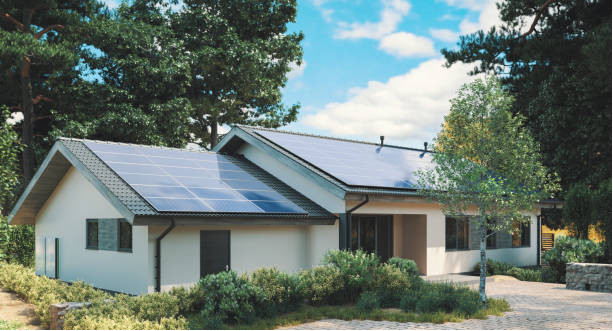
Basic Concepts and Functions of Hybrid Inverters
A residential hybrid inverter integrates the functionalities of grid-tied inverters and battery inverters. Its primary functions include converting the direct current (DC) produced by solar photovoltaic systems into alternating current (AC) for household use and effectively managing energy stored in batteries. Hybrid inverters allow households to store surplus solar energy in batteries for later use and interact with the grid to complement and regulate energy, optimizing household energy consumption and cost management.
2.Components and Working Principles of Solar Power Systems
A typical solar power system comprises photovoltaic panels, inverters, battery storage systems, and energy management systems. Photovoltaic panels convert sunlight into DC electricity, while inverters convert this DC electricity into AC electricity for household appliances. Battery storage systems store excess energy for use during periods of low sunlight or high demand. Energy management systems monitor and regulate energy flows to ensure efficient operation and safety.
3.Key Role of Hybrid Inverters in Residential Solar Power Systems
- Optimization of Solar Photovoltaic Systems
Hybrid inverters enhance the performance of solar photovoltaic systems through advanced power conversion technology. They ensure that DC electricity generated by photovoltaic panels is efficiently converted into AC electricity usable by household appliances, thus maximizing the utilization of solar resources.
- Energy Storage and Management
In solar power systems, energy storage is a critical challenge due to the intermittent nature of solar energy. Hybrid inverters with battery storage capabilities enable households to store surplus energy for later use. This flexible energy management ensures that households can maintain basic electricity needs even during periods of insufficient solar input or grid instability.
- Interaction with the Grid and Net Metering
hybrid inverters for home can interact with the public grid. Through net metering systems, surplus solar energy can be fed back into the grid, reducing overall household energy costs. When solar systems cannot meet electricity demands, inverters can draw necessary energy from the grid, ensuring stable and reliable household electricity supply.
- Enhancing System Reliability and Stability
By balancing energy supply from solar photovoltaic systems with household demand, hybrid inverters significantly enhance system reliability and stability. This technological optimization reduces dependence on weather conditions for energy availability, thereby improving residential comfort and convenience.
4.Energy Efficiency and Emission Reduction
By adopting solar power systems with hybrid inverters for home, households can significantly reduce reliance on fossil fuels, thereby lowering carbon dioxide and other greenhouse gas emissions, contributing to environmental conservation.
- Economic Benefits
Despite initial installation costs, solar power systems with hybrid inverters for home can substantially lower household energy expenditures in the long term. By reducing reliance on grid electricity, households can stabilize and control energy costs, particularly amid rising electricity prices, offering significant economic benefits.
- Promoting Energy Independence
Hybrid inverters enable households to manage and utilize energy resources more independently. This energy independence enhances control over energy supplies and resilience against external energy fluctuations and instabilities, thereby enhancing energy security for households.
- Technological Developments and Future Outlook
With ongoing advancements in solar power technology and performance improvements in hybrid inverters, these systems will continue to play a pivotal role in the future. It is anticipated that with further developments in battery storage technology and smart energy management systems, hybrid inverters will become more widespread and mature, offering more households a clean, reliable, and cost-effective energy solution.
Conclusion
In conclusion, hybrid inverters for home play an indispensable role in residential solar power systems. By effectively managing and optimizing energy flows, they enhance the efficiency, stability, and economic viability of solar photovoltaic systems, providing households with a sustainable and environmentally friendly energy choice. With advancing technology and increasing market demand, hybrid inverters will continue to contribute to achieving sustainable energy goals and improving residents’ quality of life.
Contact us
- Email:[email protected]
- Tel: +86 13651638099
- Address: 333 Fengcun Road, Fengxian District, Shanghai
Get A Quote Now!

Read more
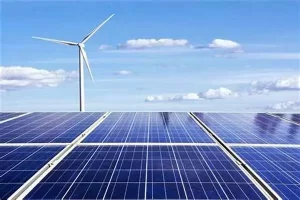
Unveiling Photovoltaic+Energy Storage: Four Major Application Scenarios Leading the Future of Energy
In this way, the energy landscape is evolving, and one of the most thrilling developments in renewables is the integration of photovoltaics energy storage.
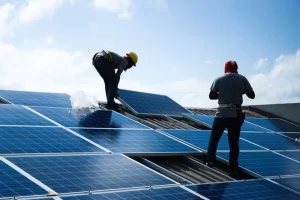
From Theory to Practice: Four Methods for Estimating Photovoltaic Power Generation
Photovoltaic power generation has become an essential part of modern energy solutions, particularly in home solar systems and distributed power applications
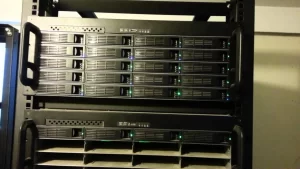
Rack-Mounted Lithium Iron Batteries: Creating Efficient and Reliable Energy Storage Solutions
When it comes to modern energy solutions, rack-mounted lithium iron batteries are taking center stage in a variety of industries. Whether you’re powering data centers, stabilizing energy for households, or keeping critical systems online at 5G base stations, these batteries have become the unsung heroes of our electrified world.
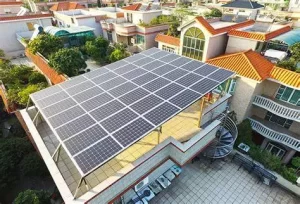
Late Night Energy Saving Tips: How to Maximize Electricity Savings During Off-Peak Hours
With rising energy costs, homeowners are increasingly exploring innovative ways to save on their electricity bills. One effective approach is utilizing off-peak hours—times when electricity rates are significantly lower due to reduced demand.
